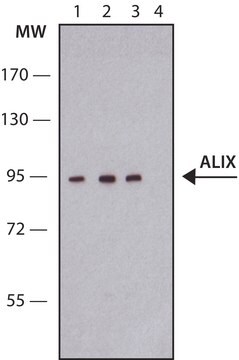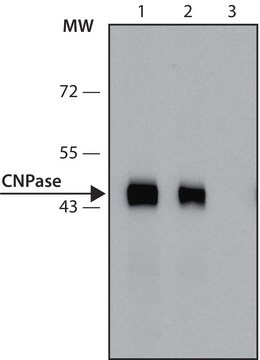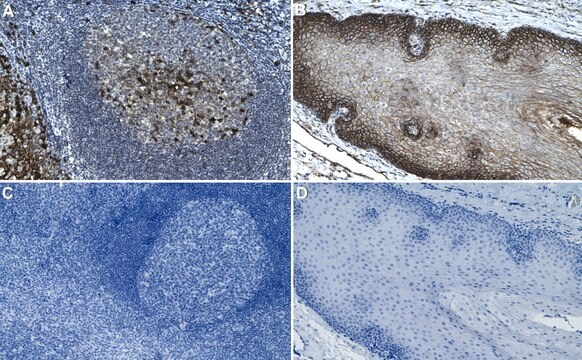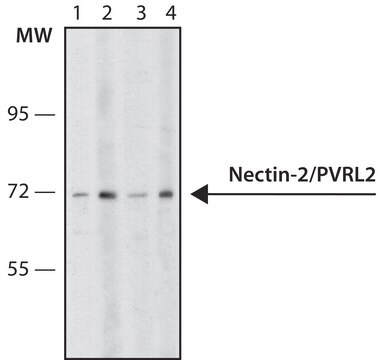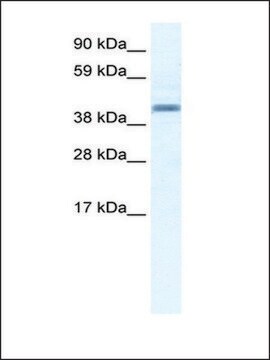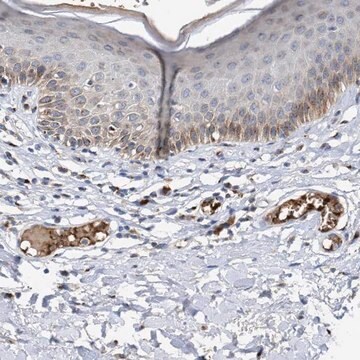SAB4200477
Anti-ALIX (C-terminal) antibody produced in rabbit
~1.0 mg/mL, affinity isolated antibody
Synonym(s):
Anti-PDCD6IP, programmed cell death 6 interacting protein, AIP1, DRIP4, HP95, ALG-2 interacting protein 1, Anti-apoptosis-linked gene 2-interacting protein X, Anti-dopamine receptor interacting protein 4
About This Item
Recommended Products
biological source
rabbit
Quality Level
conjugate
unconjugated
antibody form
affinity isolated antibody
antibody product type
primary antibodies
clone
polyclonal
form
buffered aqueous solution
mol wt
antigen ~95 kDa
species reactivity
human, mouse
concentration
~1.0 mg/mL
technique(s)
immunoprecipitation (IP): 1-2 μg using lysates of human Jurkat cells
indirect immunofluorescence: 2.5-5 μg/mL using human HeLa cells
western blot: 1-2 μg/mL using whole extracts of mouse A20 cells
UniProt accession no.
shipped in
dry ice
storage temp.
−20°C
target post-translational modification
unmodified
Gene Information
human ... PDCD6IP(10015)
mouse ... Pdcd6ip(18571)
General description
Specificity
Immunogen
Application
- immunoblotting
- immunoprecipitation
- immunofluorescence
Biochem/physiol Actions
Physical form
Storage and Stability
Disclaimer
Not finding the right product?
Try our Product Selector Tool.
Storage Class
10 - Combustible liquids
wgk_germany
WGK 2
flash_point_f
Not applicable
flash_point_c
Not applicable
Choose from one of the most recent versions:
Certificates of Analysis (COA)
Don't see the Right Version?
If you require a particular version, you can look up a specific certificate by the Lot or Batch number.
Already Own This Product?
Find documentation for the products that you have recently purchased in the Document Library.
Our team of scientists has experience in all areas of research including Life Science, Material Science, Chemical Synthesis, Chromatography, Analytical and many others.
Contact Technical Service
